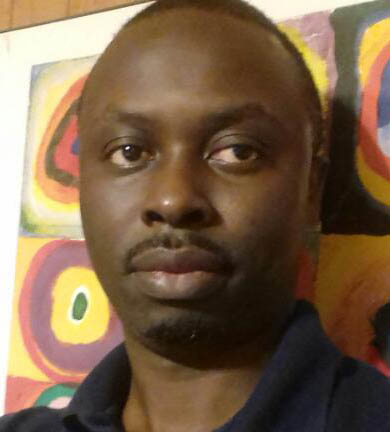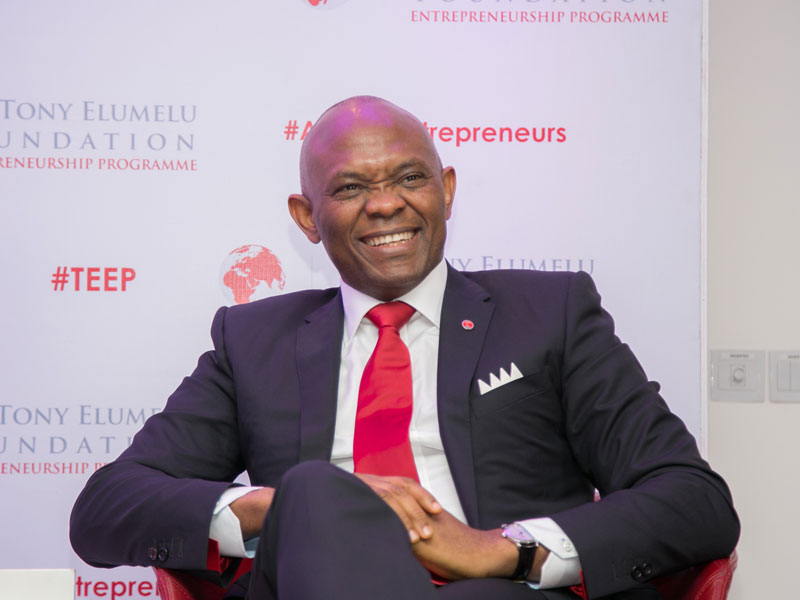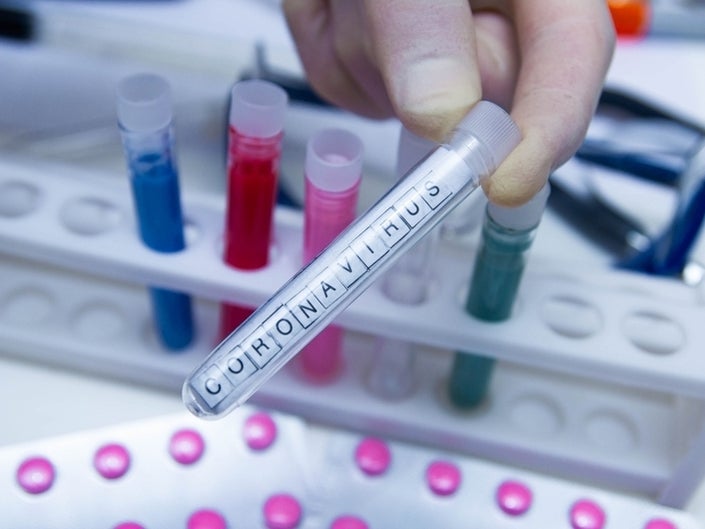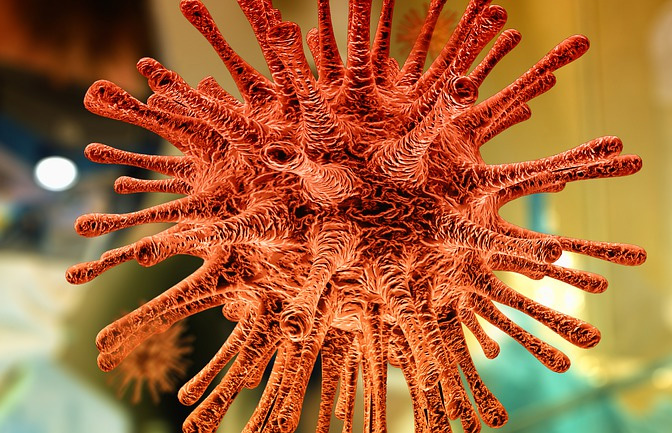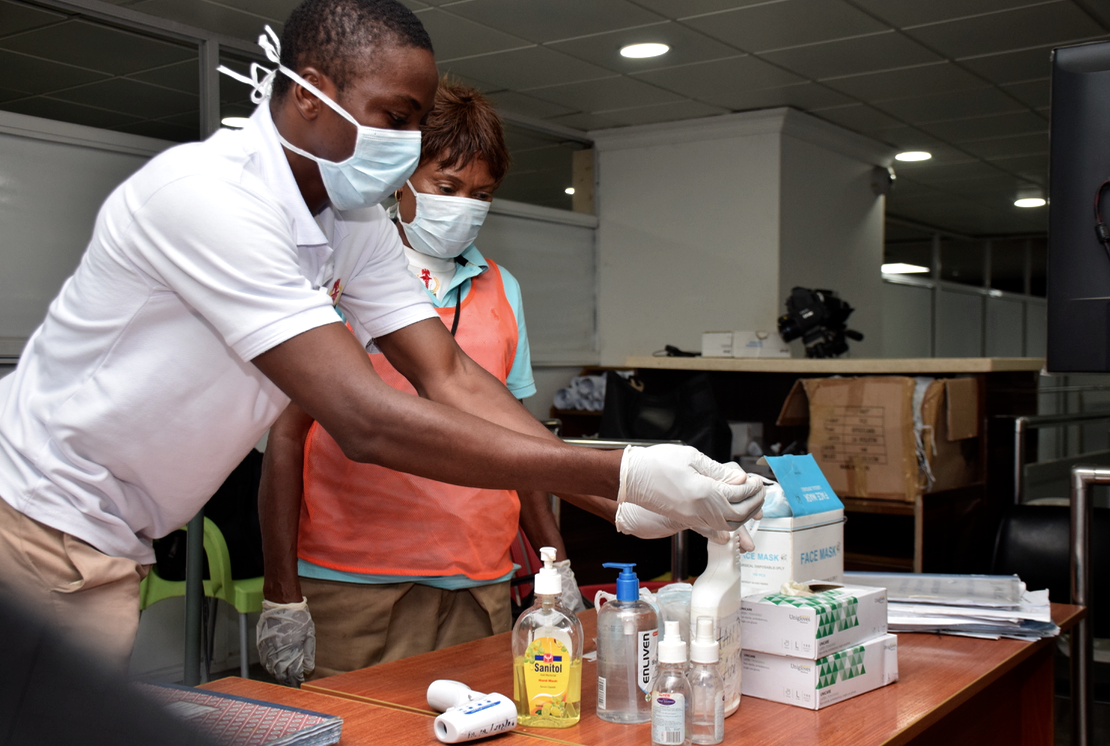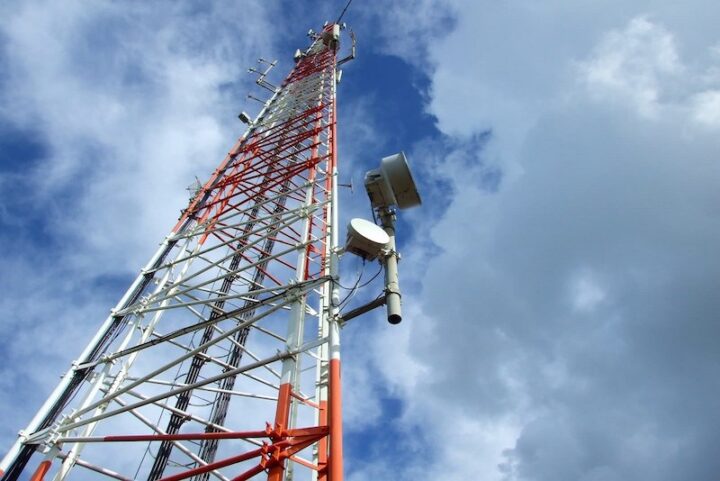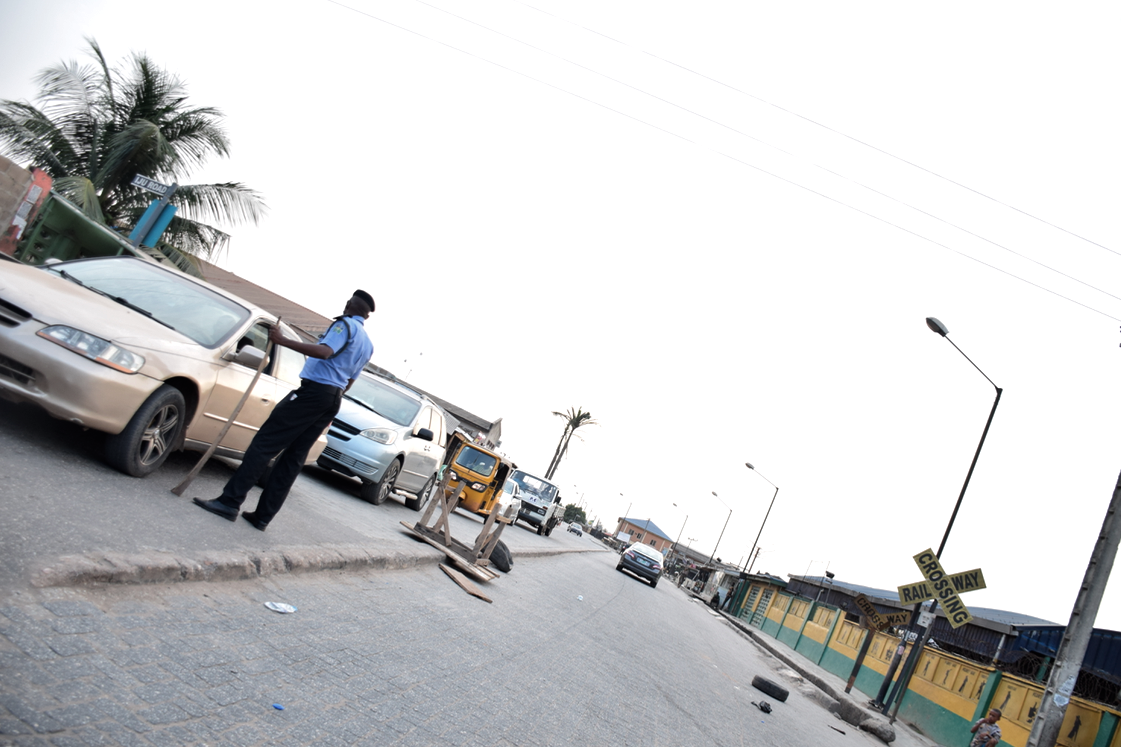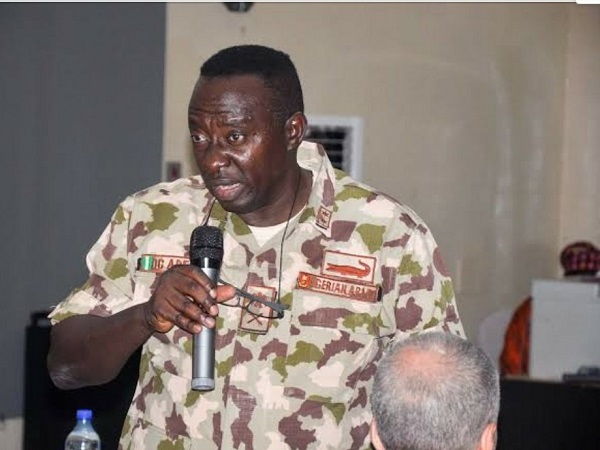In August of 2017, as Sierra Leone struggled with human tragedy and economic woes that resulted from a massive landslide that killed more than 800 people in its capital, Freetown, the chairman of Heirs Holdings—a philanthropist who made his fortune as a banker—Tony Elumelu stepped forward, pledging $500,000 to support national emergency and to improve the city’s fortune.
Last week, he put up even more money to help stem the tide of COVID-19 across Africa. Elumelu gave outlandish $14 million from his fortune at a time people and nations are driven-apart by a contagion.
And since 2015, Elumelu in his plan to give away his fortune as a stimulus for Africa’s growth through entrepreneurship set aside $100 million grant to create 1,000,000 jobs and contribute $10 billion in annual revenues to Africa’s economy for 10 years. A large chunk of that money is now in the hands of young entrepreneurs in at least 48 countries in Africa.
We all know that there are more big-league givers on the continent. I can make a guess list: Africa’s number one billionaire, Aliko Dangote, the Sudanese-British businessman, Mo Ibrahim, Naushad Merali of Kenya, Hakeem- Belo Osagie, Femi Otedola, Mike Adenuga, Strive Masiyiwa of Zimbabwe, Jim Ovia, General T.Y Danjuma and many more.
Advertisement
These big-league givers are not the only set of philanthropists. There are other categories of givers. In Africa, there are Good Samaritans and my widow’s mite categories of philanthropists. These are people who donate grinding machines, motorcycles, sprayers, sewing machines, deep freezers, hair clippers, hair dryers, mechanical tools and vehicles to get the extremely poor into business.
There are millions of people who regularly contribute to churches, schools, and other organisations unnoticed as well. Some of these people give up the use of funds that would otherwise benefit their own families. The money these people drop into the ‘offering basket’ or give to people in their neighborhood mean forgone shopping and personal pleasures.
But Elumelu’s tradition of giving is what makes it a rare example of public good and a spark for wealthy people like him. In economics, a public good is a good that is both non-excludable. The idea is this: no individual can be effectively excluded from the use of the resource and the use by one individual does not reduce availability to others.
Advertisement
Let’s think of public good in terms of a public road that allows practically everyone to use it regardless of the type of motor vehicle they are using, or even if they are just walking. That is how public good works. But when a person buys a car, he can only use it for himself and restrict others from using it. That will be the opposite of public good.
So, what makes Elumelu’s giving different than others? It is the spread of his wealth across Africa. That’s a topnotch giving to public good. By not limiting the use of his wealth to Nigeria, the billionaire banker dubbed Warren Buffet of Africa by Forbes is making a revolutionary statement.
Unlike other big-league givers who concentrate mostly on their countries, communities or getting a chair at their alma mater, Elumelu is making good impression in global giving the same way the world richest man, Bill Gates does.
Elumelu’s pattern of giving is one of optimism for the rise of Africa philanthropists to the need of the continent—a signal to departure from Africa looking to American billionaires for charitable investments and entrepreneurial development of the continent.
Advertisement
In fact, Elumelu’s $14 million response to COVID-19 immediately changed the doomsday prophesy for Africa in the face of the global health crisis. That is the way to go!
The narrative is that Africa is never prepared to deal with pandemic such as the monster of Coronavirus. Therefore, COVID-19 will kill people in droves, once it set its teeth on Africa. The facts are there, African governments hardly prepare for the future. Poor medical facilities, schools, roads across Africa are evidence of poor planning. In most cases, resources in the coffers of governments in Africa are used to fund frivolities like furniture and cars for elected officials.
I was exploring ideas on what to write this week, when the tech billionaire and co-founder of Alibaba Jack Ma showed up in Africa a few days back with big package of coronavirus test kits and prevention materials. Trust me, African leaders started praise service for Jack Ma on Tweeter. “This is a huge shot in the arm and a much-needed contribution in our work to stop the spread of #Coronavirus. I know the people of Rwanda join me in gratitude, ” Rwanda president Paul Kagame wrote.
Ethiopia Prime Minister Abiy Ahmed, who received the plane load of the medical materials wrote “Thank you @JackMa for sending the first wave of #COVID-19 prevention materials. Support includes 1.1million testing kits,6million masks & 60,000 protective suits to be distributed throughout Africa.”
Advertisement
Thank you to Jack Ma is in order. It is the right thing to do. Jack Ma donated coronavirus prevention supplies not only to Africa but to countries facing enormous challenge such as the United States, Italy, and other countries in Asia and Latin America.
I am always moved, when I see Africa responds to its own problem and Elumelu’s generous giving in Africa warms my heart.
Advertisement
And this, in recent weeks, I’ve been reading the Giving Pledge Letters. The letters have some fascinating content. These are letters written by rich people who take the pledge to give most of their wealth while they live. The letters describe the philosophy behind their giving. It is a campaign run together by Warren Buffet and Bill and Melinda Gates to create a social norm among the wealthy to give their fortune during their lifetime.
In his own letter, the American billionaire who made his fortune from stocks, Buffett wrote: “Some material things make my life more enjoyable; many, however, would not. I like having an expensive private plane but owning a half-dozen homes would be a burden. Too often, a vast collection of possessions ends up possessing its owner. The asset I most value, aside from health, is interesting, diverse, and long-standing friends.”
Advertisement
“My wealth has come from a combination of living in America, some lucky genes, and compound interest. My luck was accentuated by my living in a market system that sometimes produces distorted results, though overall it serves our country well. I’ve worked in an economy that rewards someone who saves the lives of others on a battlefield with a medal, rewards a great teacher with thank-you notes from parents, but rewards those who can detect the mispricing of securities with sums reaching into the billions,” he added.
Last year, the Amazon founder former wife, Mackenzie Bezos, joined the group with these words: “I have no doubt that tremendous value comes when people act quickly on the impulse to give. We each come by the gifts we have to offer by an infinite series of influences and lucky breaks we can never fully understand.”
Advertisement
Most of the letter writers (more than 180 individuals from over 22 countries have signed the pledge) are solemn with their words without a brag. They see their fortune for what it is: lucky breaks. Why have I been reading these letters, I want to understand the motivation for their giving and how they see wealth. It is a recommended reading for those who are rich and those looking for their lucky breaks.
Finally, I am concerned that Africa is sliding in terms of government action. The system in Africa is not rewarding research and development. For me, that is frightening, because the countries in Africa will never cross the border of its third world label.
In a global health policy class that I took while at Johns Hopkins University last year, one of the best moments I had in the class was discussing how nations tie policies to economic growth. For example, what can be done to fix Africa’s current poor medical system? Can investment in drug distribution and vaccine production incentives employment—a social determinant of health?
The governments across Africa need to step up their nation’s health system by integrating efforts based on a shared recognition of the interplay between the economic, environmental, and social factors that contribute to health. The government simply cannot turn its back on its traditional role of producing and investing in national public goods before another cycle of pandemic comes.
Views expressed by contributors are strictly personal and not of TheCable.
Add a comment
